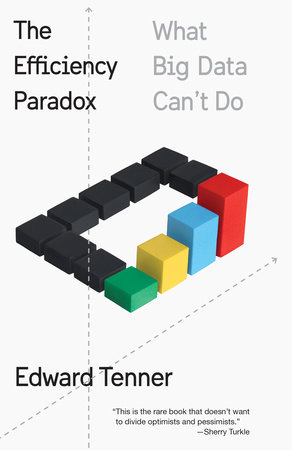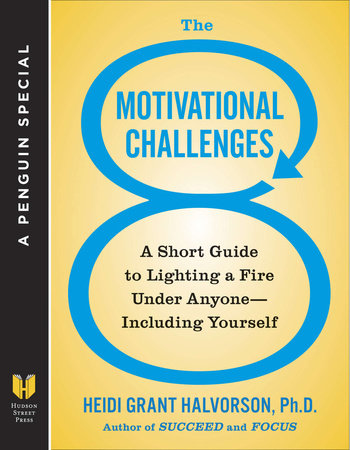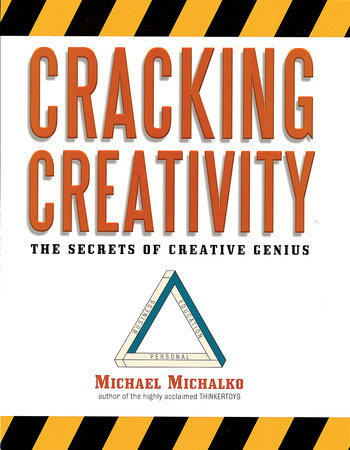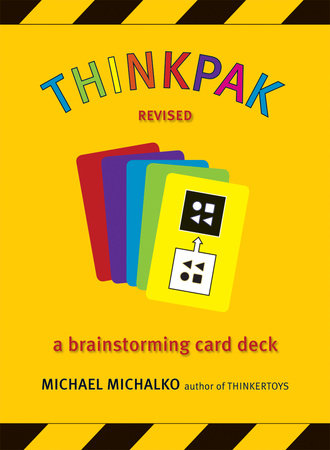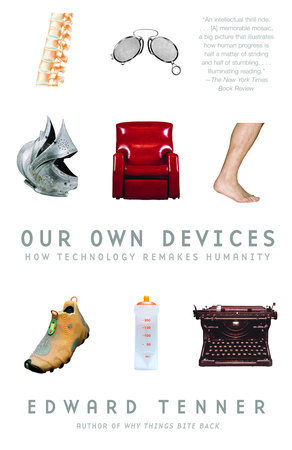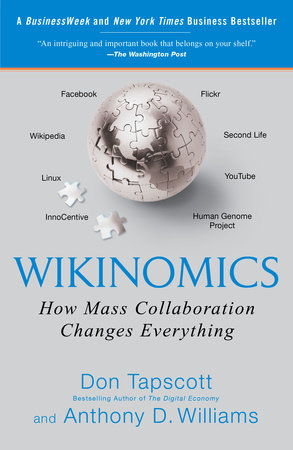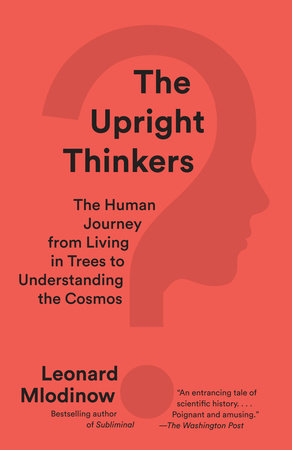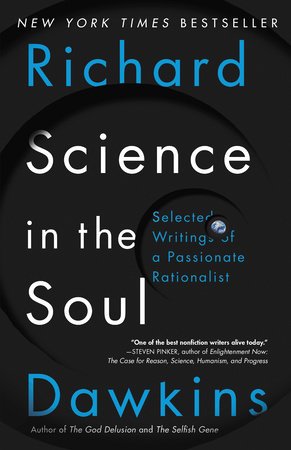“Skillful and lucid. . . . An important note of caution regarding the velocity of progress. . . . Authors cannot control the current-events environment into which their works are launched, but the timing for The Efficiency Paradox seems propitious. The book arrives as the boomerang-and-backfire effects of Big Data are in the papers, or on your phone, as the case may be… Tenner couldn’t have known about looming scandals involving abusers of internet-harvested information. But his concerns with the downside of Big Data deftly anticipated the news.” —The Wall Street Journal
“A bite on the data-driven hand that feeds the system. . . . As Tenner ranges among case studies from Uber to e-books and platform revolutions, he is a clear champion not of the robot but of the human mind behind its creation, a mind far richer than any algorithm—for the time being, at least.” —Kirkus Reviews
“Efficiency keeps us focused on our goals, which is good, but, on the flip side, a narrow focus can make us miss things we might have seen if we weren’t so lasered in on our goals. It’s a complex subject, but Tenner’s smart organization and user-friendly prose style make it entirely accessible to lay readers.” —Booklist
“[A] perceptive study. . . . Sympathetically critiquing the work of others in this arena, including Nicholas Carr and Cathy O’Neill, Tenner calls for a strategy that blends intuition and experience with high technology.” —Nature
“The idea of a world that is ‘friction free’ is the technologist’s dream. In The Efficiency Paradox, Edward Tenner explores what that vision casts aside: from human judgment and seeing the world in shades of gray, to the blessings of serendipity and all of the ethical calls that algorithms can’t provide. Tenner holds hope for technology finding a middle way that will bring friction back into the fold, and the benefits will be more than economic—they will be cultural, scientific, political, and social. This is the rare book that doesn’t want to divide optimists and pessimists.” —Sherry Turkle, Abby Rockefeller Mauzé Professor of the Social Studies of Science and Technology at MIT and author of Reclaiming Conversation and Alone Together
“This masterly study challenges naïve assumptions that characterize our twenty-first-century world of electronic hyperefficiency. Computers, big data, and artificial intelligence are too often allowed to supersede human judgment and indeed undermine our very self-confidence as human beings. Yet no electronic machine can match our capacity for the untidy human factors needed to balance the sanitized precision and tunnel vision of our digital devices: holistic thinking, serendipity, and intuition. Tenner urges us to forgive ourselves for being human.” —Arthur Molella, Director Emeritus, Smithsonian Lemelson Center for the Study of Invention and Innovation
“A marvel of unexpected wisdom and startling examples. . . . A compelling guide through the thicket of choices as we gather knowledge to ease the path to the future. Tenner, an expert in revealing unintended consequences of technological innovation and rushed change, digs deeply in this remarkable account of how efficiencies, big data, and techniques of surveillance produce new awareness while simultaneously leading us astray. . . . The Efficiency Paradox is essential for anyone who wishes to open the gauzy curtains of conventional beliefs.” —Gary Alan Fine, James Johnson Professor of Sociology at Northwestern and author of Tiny Publics
“Most timely. . . .A clearly written, balanced assessment of the power and the hidden risks of the networked society. . . . Tenner shows how a single-minded drive for robotic efficiency offers short-term gains at the cost of long-term stagnation in this provocative yet optimistic argument for serendipity and human intuition.” —Amar Bhidé, Thomas Schmidheiny Professor of International Business at Tufts and author of A Call for Judgment
